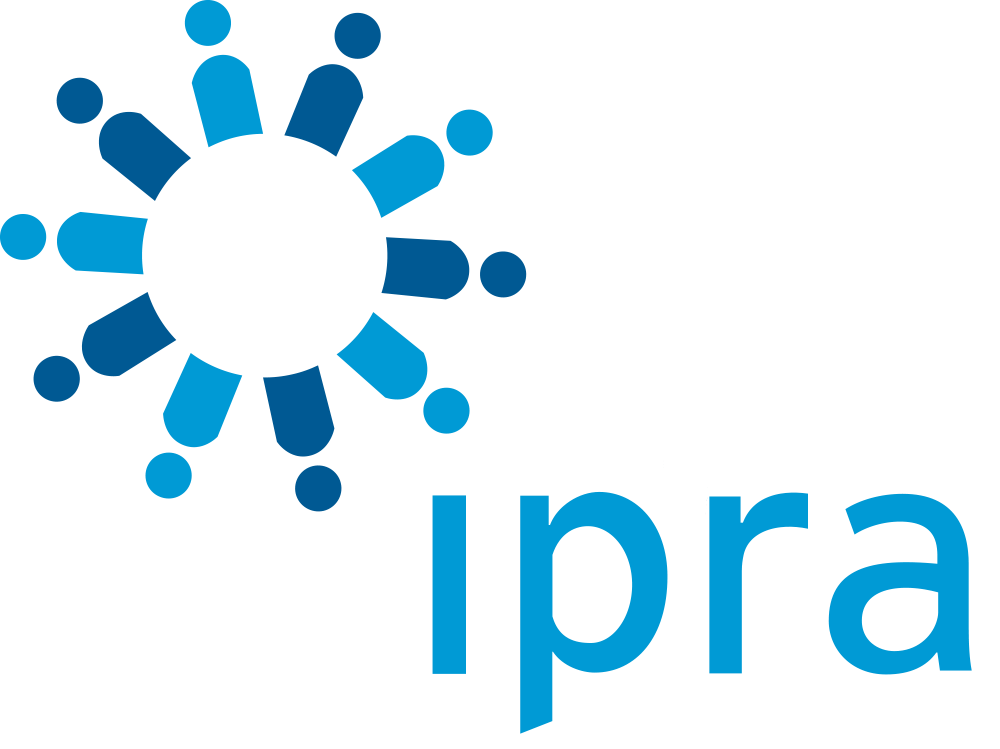ITL #14 Goodbye old habits: new behaviors for the social media age
11 years, 5 months ago
(Comments)
The rise of social media has brought great opportunities side by side with tremendous challenges. What were once thought of as unchangeable aspects of PR are now being reconsidered. By IPRA President 2013 Christophe Ginisty.
Many times I have been asked to comment on the importance of social media and social networks for organizations. Is it an opportunity, a chance – or is it a danger? In a connected ‘always on’ world, what does social media represent for PR professionals? Let me give you my thoughts today. In return, I would be happy to get feedback from readers.
I would like to mention five opportunities and five challenges that we need to be clear on. These are not the outcome of a scientific survey, only my understanding of a phenomenon that changes public relations dramatically.
OPPORTUNITIES
1. An opportunity to challenge the dominance of traditional media
Just 10 years ago, traditional media was almost the only channel to access stakeholders. PR professionals needed to rely on the journalist’s willingness in order to communicate something to our targeted audience and influence it. Today, even if journalists are still there and active (and I am full of respect for their mission), they are no longer the only ones in the global game of influence.
2. More diverse point of view
Social media does not offer better or worse content by nature. Social media primarily offers an opportunity for alternative content to be published and released at the same time and at the same location. Social media content does not make traditional media disappear – it complements it in a more lively and interactive mode.
3. Stakeholders are noisy
When I started my career back in the late 80s, most organizations and brands did not know their stakeholders. I mean, they knew them theoretically but had very little chance to hear them directly. Thanks to social media, organizations can now listen to them and understand them better. This is a point I always bring up when someone asks me: why should I go on social media? The #1 reason is to be able to hear what people are saying.
4. Content is king
Everybody creates content today around the brand ecosystem: the brand itself but also the executives that are leading the organization, spokespeople around the world, and also the employees that are active on social networks like anybody else. But that’s not all. Customers, competitors, analysts, so-called fans, everyone creates and publishes content that may nurture a reputation.
5. Bad behaviors are punished
I know that this point worries a lot of organizations around the world, especially those that do not show much care about ethics and transparency. Social media users are now ready to publicly punish organizations that do not behave properly. From society’s point of view, this is very good news.
That’s it for the main opportunities. Let’s have a look now at the challenges. Every opportunity is like one side of a coin. On the other side, there is another aspect to consider and these are the main challenges that I see.
CHALLENGES
1. We need to reconsider completely how we educate PR professionals
Public relations has changed dramatically. The way we do it today has nearly nothing to do with the way we were doing it a decade ago, except that we pursue the same goal of establishing mutually beneficial relationship with an audience. The way of achieving this is totally different and involves new skills. For that reason, I believe that we need to adapt programs and teach new topics for those who will manage public relations strategy tomorrow.
2. An individual does not necessary represent the group – don’t panic.
We need to be very cautious about what we call an “influencer”. If a blogger writes a horrible piece about a company or a product, we do not necessarily need to implement an emergency plan and put ourselves in a war room. We need to use the right tools that will allow us to understand how the influence is evolving and to define who is instrumental in that process.
3. Difficulty to identify the truth
No one should over estimate social media. Just because it is seen as coming from regular people such as normal employees of an organization, as opposed to the official spokesperson, this does not mean that it is telling the truth. Social media can also be the source of manipulation, if not scams. It is crucial for all of us to help the organizations we are working for to navigate through this and understand how to identify what is worth considering as an insight.
4. Search engine optimization is an element of public relations
Since there is more and more content each day, and since everybody creates some, we need to make sure people will be able to find what you want to highlight. So at the earliest stage possible, when we have to create content, we need to think about search engines: what words will people type to find me? Let’s never forget that searching is the number one activity on the Internet. The more content you have available, the more the optimization of search is critical.
5. Crisis situations will flourish
This is maybe the most important trend for public relations professionals. Organizations are over-exposed, social media users are following them, so this will mechanically raise the level or vulnerability for brands, organizations and personalities. The growing volume of conversations will transform consumers into activists that will flag issues and concerns at an impressive speed. Markets will become battlegrounds where every organization will have to deal with potential crisis situations.
Even if social media has changed public relations like never before, it’s important to take a serene and pragmatic look at what is going on. We are lucky enough to be dealing with fantastic new opportunities – as well as immense challenges – and to be at the forefront of major changes in the communication area. We will be able to handle it if we are open enough to learn and humble enough to re-consider what we used to believe were unchangeable habits.
See all the opportunities and challenges that social media age brings to Public Relations.
Thought Leader Profile
Christophe Ginisty is the President of the International Public Relations Association for 2013. He is an international public relations expert with more than 20 years of experience. Until last December, Christophe was Deputy Managing Director of Edelman EMEA. Prior to joining Edelman, Christophe created and ran one of the leading PR agencies in France, specializing in the Internet and technology sector, Rumeur Publique, with clients such as Apple, Amazon, Cisco and HTC.
Christophe founded ‘Internet sans Frontières’ (Internet without Borders) in 2007, an NGO that promotes and defends freedom of speech on the Internet, in addition to promoting education towards more effective use of the Web. He was formerly a special advisor on digital strategy for the leader of the National Democratic Movement (France) from 2007-2009. He is a regular contributor to the French media including a column in LePost.fr and currently one of the most influential bloggers in France and a sought-after speaker on the digital revolution.
He is also a published author of Allons, enfants de l'Internet! (Publisher: Diateino), an essay on the wider impact of the Internet on all segments of society, and the creator of the ReputationWar international conference, the first edition of which was held in Paris on January 11th, 2013.

The Author
Christophe Ginisty
Christophe Ginisty is the President of the International Public Relations Association for 2013. He is an international public relations expert with more than 20 years of experience.
mail the authorvisit the author's website
Forward, Post, Comment | #IpraITL
We are keen for our IPRA Thought Leadership essays to stimulate debate. With that objective in mind, we encourage readers to participate in and facilitate discussion. Please forward essay links to your industry contacts, post them to blogs, websites and social networking sites and above all give us your feedback via forums such as IPRA’s LinkedIn group. A new ITL essay is published on the IPRA website every week. Prospective ITL essay contributors should send a short synopsis to IPRA head of editorial content Rob Gray emailShare on Twitter Share on Facebook


Comments